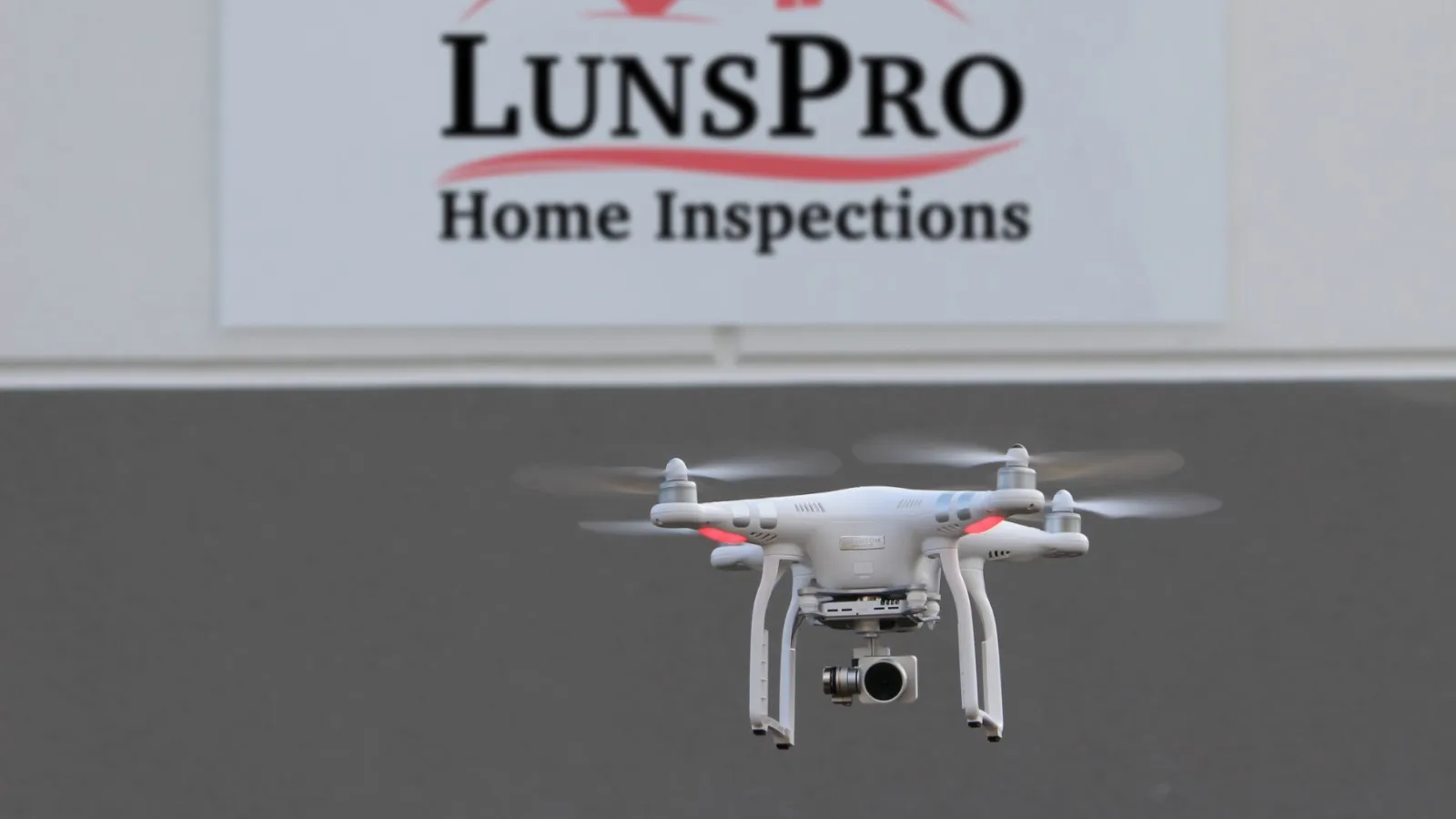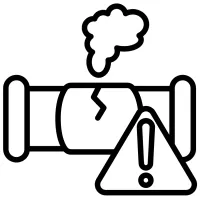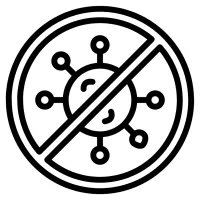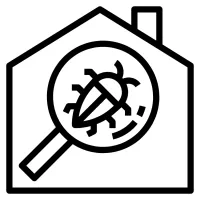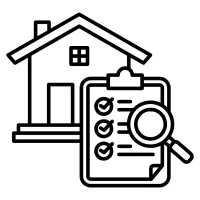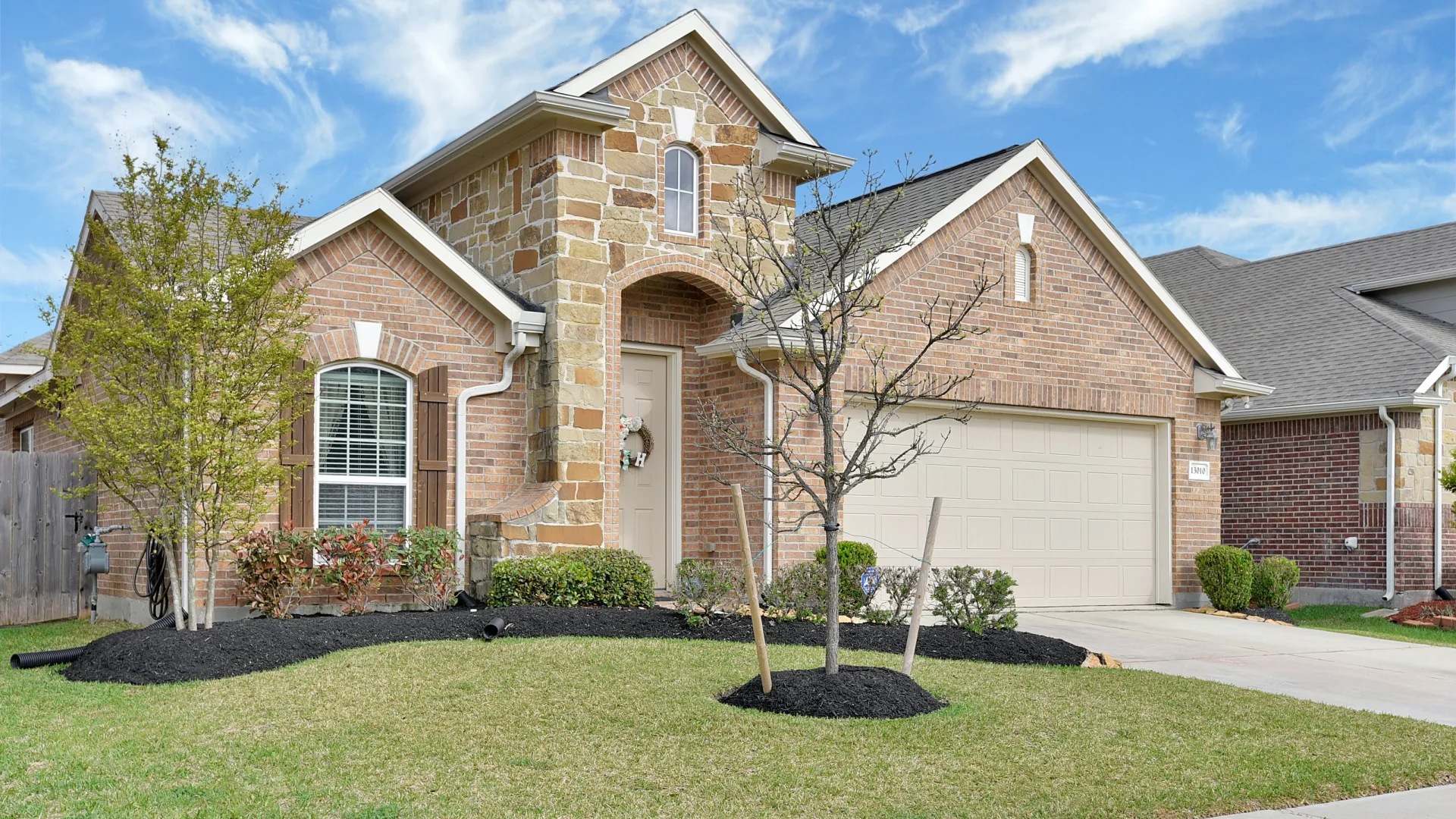
New Construction Inspections
Phases of New Construction
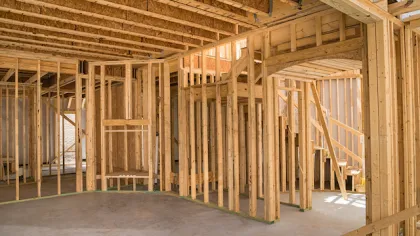
Pre-Drywall

Final
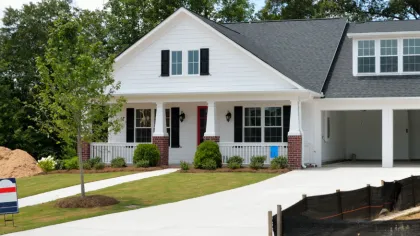
1-Year Builder Warranty
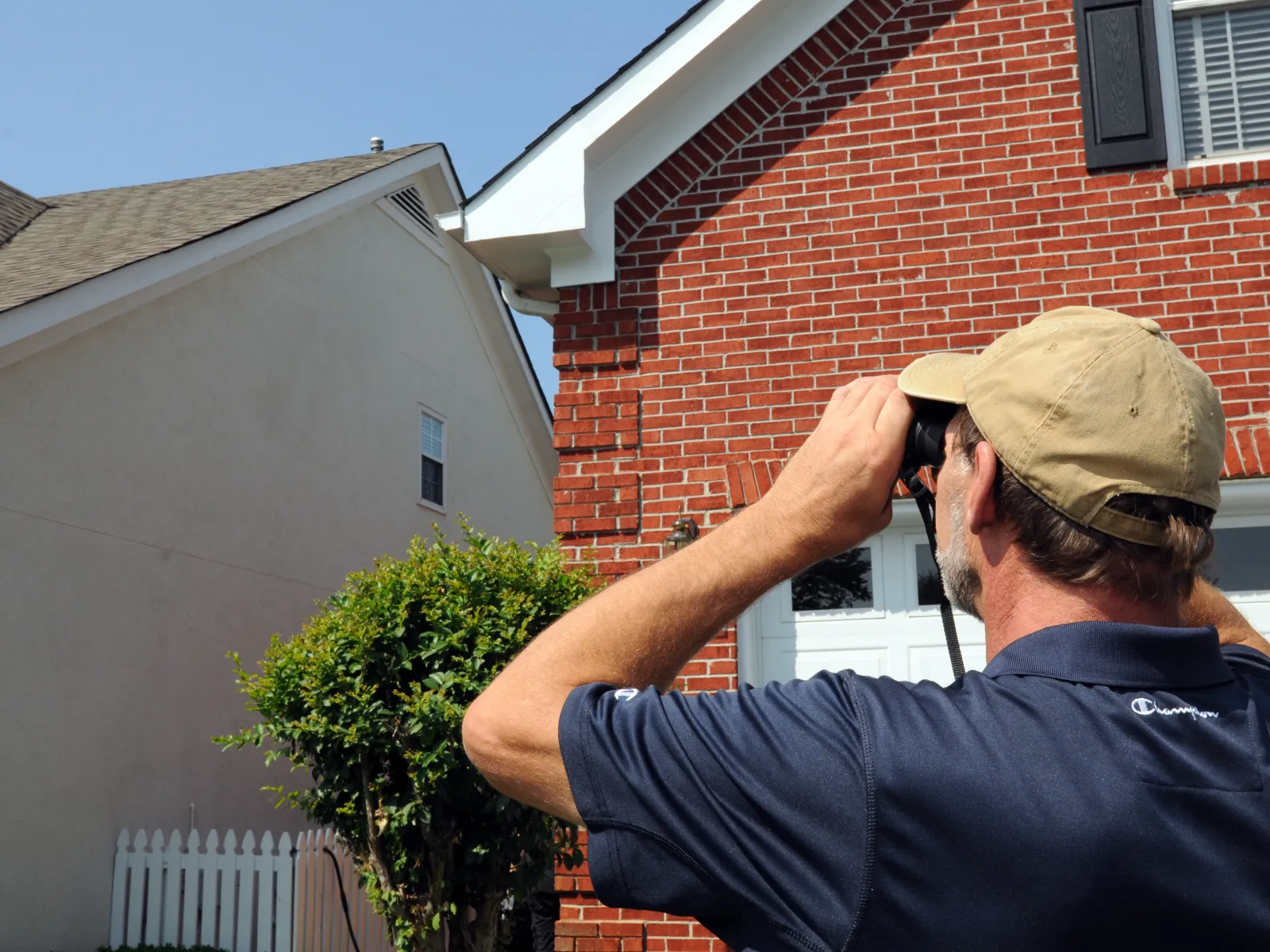
Bundle Packages Available
The best way to guarantee your new construction home is built to the highest level and holds your builder accountable for any defects is to have inspections done throughout the entire process. A pre-drywall inspection, final construction inspection, and 1-year builder warranty inspection ensures you have expert, unbiased eyes evaluating your home at every phase.
Each phase can be done independently, however, we encourage all 3 phases be conducted for your new home. You will receive a significant discount when combining two or three phases and booking at the beginning.
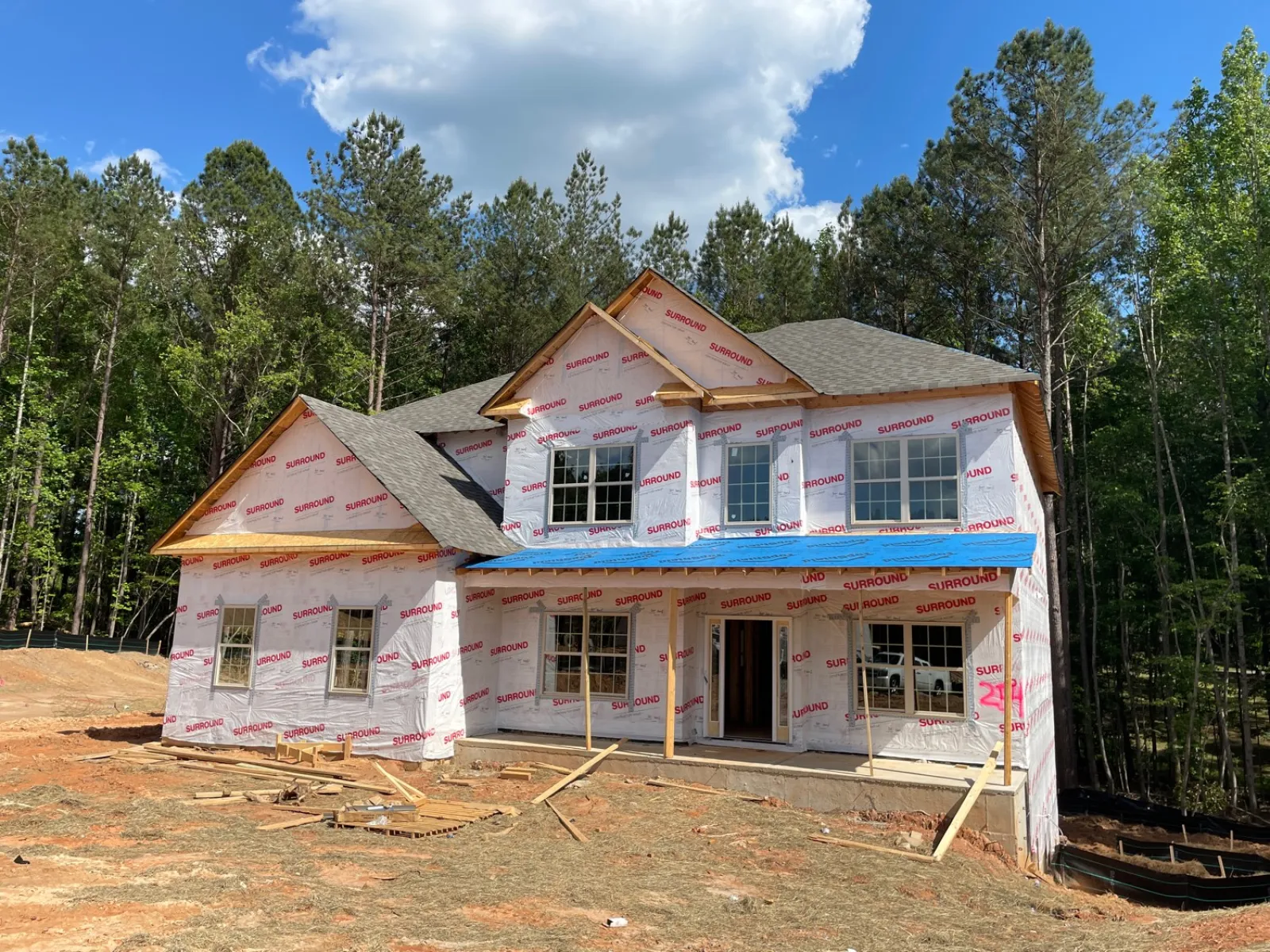
Pre-Drywall Inspection
As the name indicates, a pre-drywall inspection is done
prior to the drywall being hung. It is conducted after the installation of the
foundation, flooring, doors, windows, wall framing, roof, plumbing, and
electrical.
This inspection is essential because once drywall goes up, defects or other issues may not be able to be detected. While your home has a project manager overseeing the build, they may miss something or choose not to have an issue addressed if they deem it minor. Our inspections will call out observed concerns that should be addressed by the builder prior to the drywall going up.
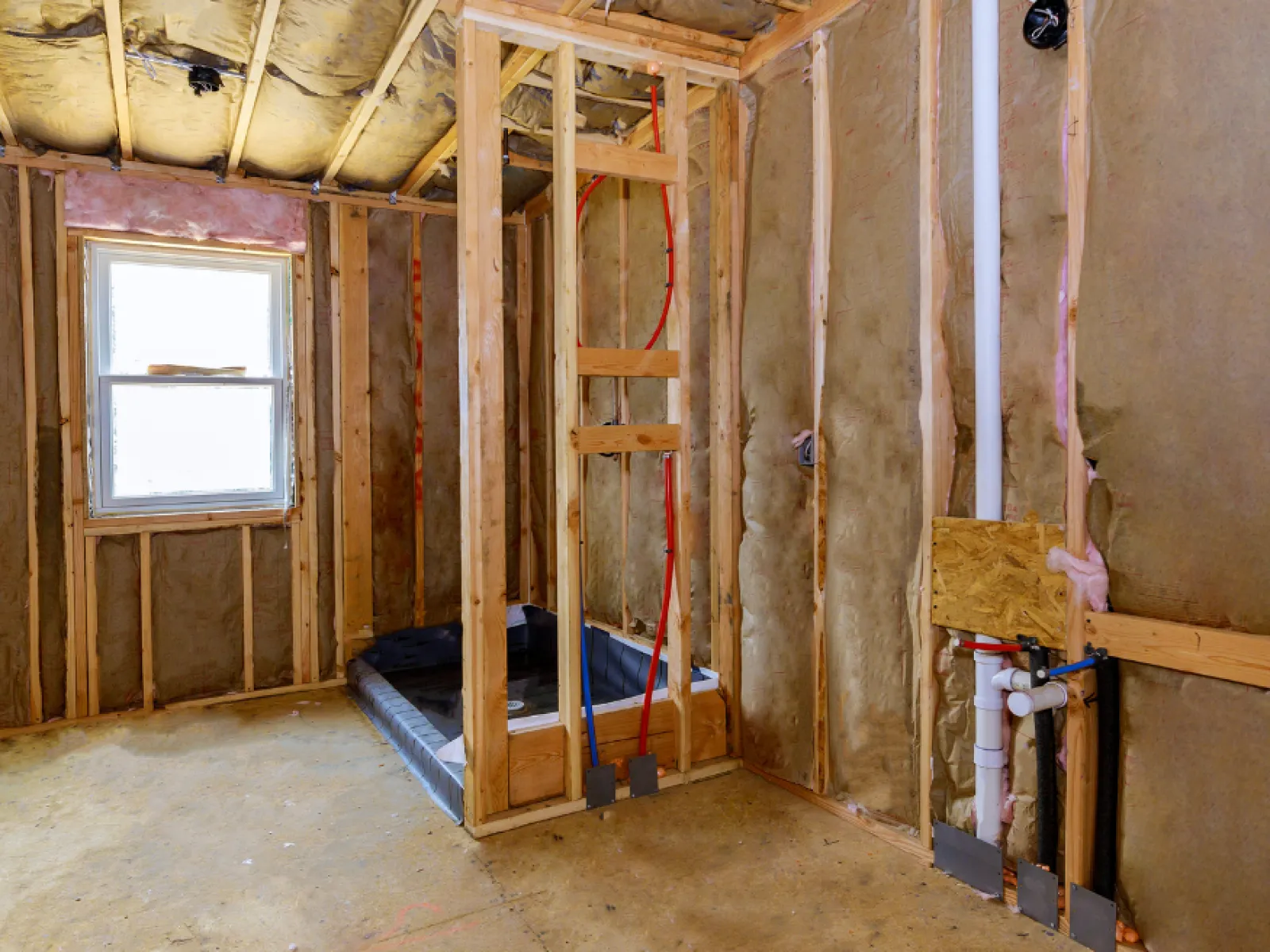
During a pre-drywall inspection a number of concerns or
defects may be observed by our inspectors. The question comes up, what are some
of the common finds? This list is not all-inclusive but gives a sampling of
what can be found prior to drywall going up that may not be observable at the
final inspection.
Electrical:
Behind your drywall is an intricate system of wires. Cables may not be connected properly, or even at all. The grounding rode may not be connected to the ground wire. Finding and addressing electrical issues now saves time when drywall is not interfering. This also helps protect from potential fires from electrical issues.
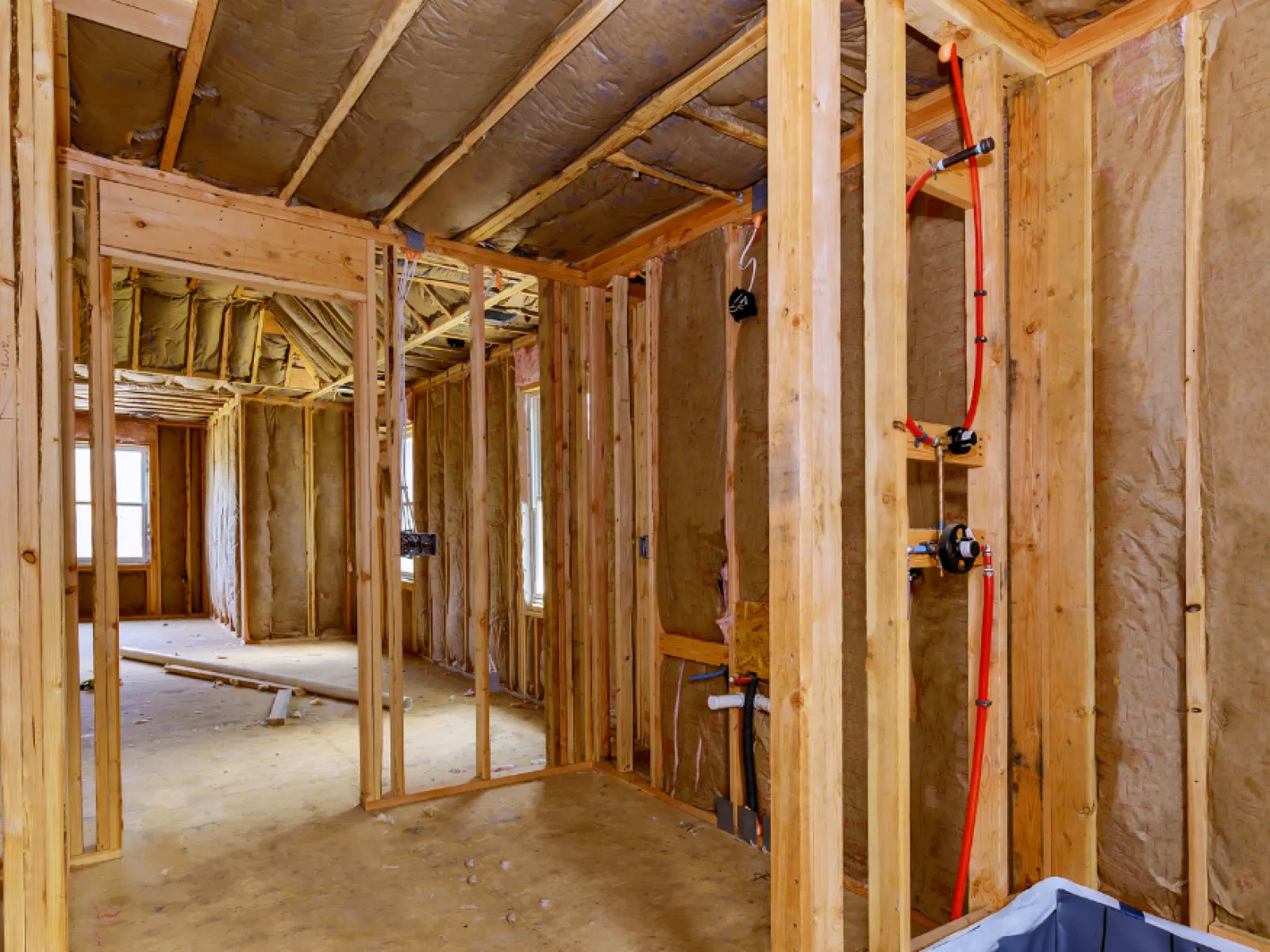
Plumbing:
Plumbing issues, like incorrect connections or damage during installation, may go unnoticed behind drywall, posing challenges for later repairs. Proper assessment and correction are crucial to prevent leaks and extensive damage.
Walls/Framing:
Inspecting walls before drywall installation is vital. It allows our inspectors to ensure proper sealing and straightness, preventing water damage and inefficient insulation that can lead to higher energy costs. Detecting framing issues, such as splintering or improper installation, before drywall installation is essential for long-term structural integrity, avoiding hidden defects that may only surface when more significant problems arise.
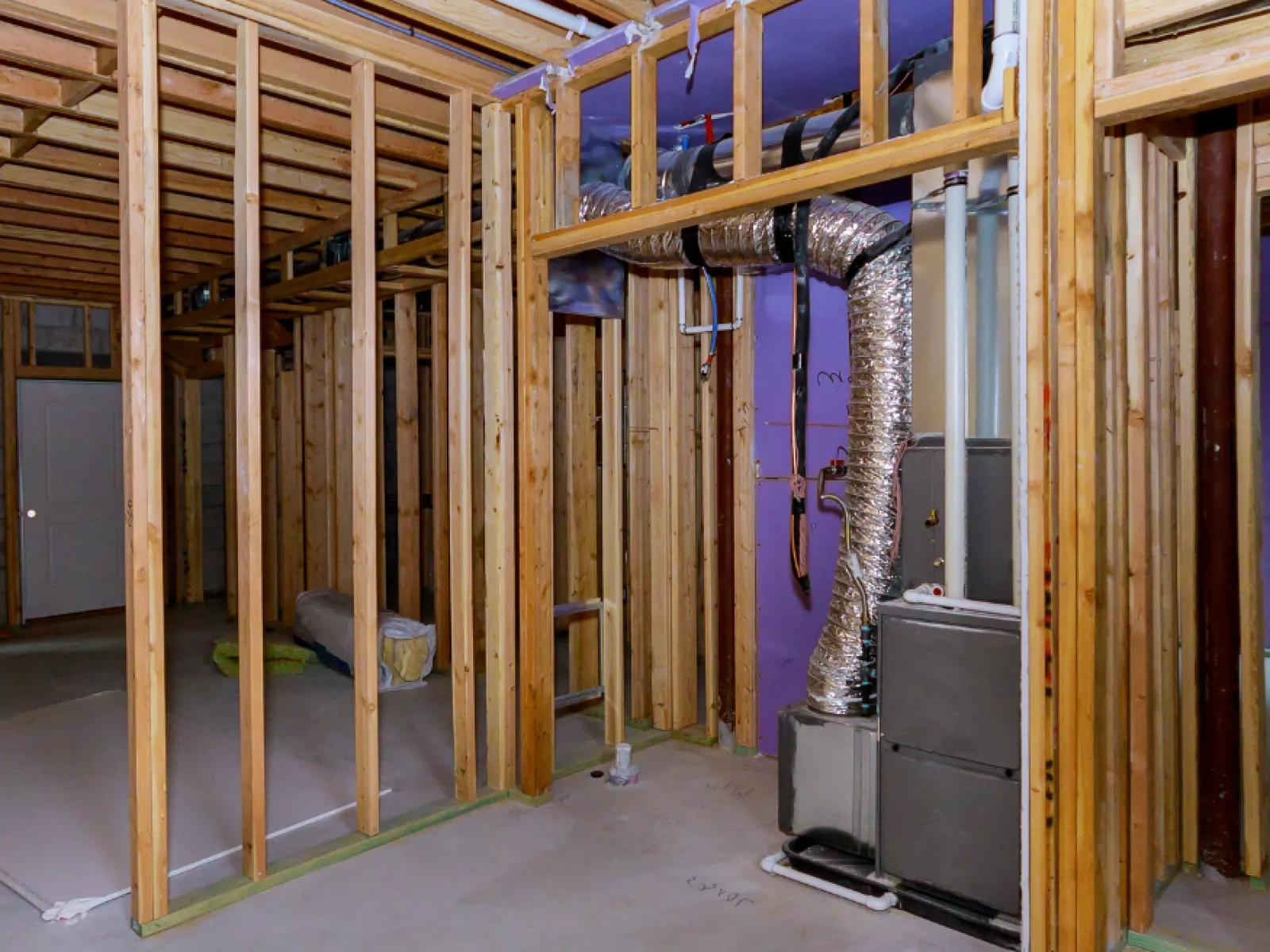
Foundation:
Addressing foundation concerns early is crucial, whether visible at the final inspection or not. Major cracks, an uneven foundation, exposed land, and improper grading can compromise structural integrity. Promptly communicating such issues with the builder is a best practice.
HVAC:
Heating, ventilation, and air conditioning (HVAC) are significant home expenses. Improper installation or damage to these systems can lead to long-term issues and considerable expenses. Pre-drywall inspection focuses on concerns like proper venting for furnaces, complete duct installation and sealing, and appropriate spacing for units.
This isn't an exhaustive list but provides a glimpse of our pre-drywall inspection at LunsPro. Our thorough inspection ensures everything aligns with code and craftsmanship standards, offering you peace of mind. Identifying defects early allows timely communication with the builder, potentially saving you time and money in the future.
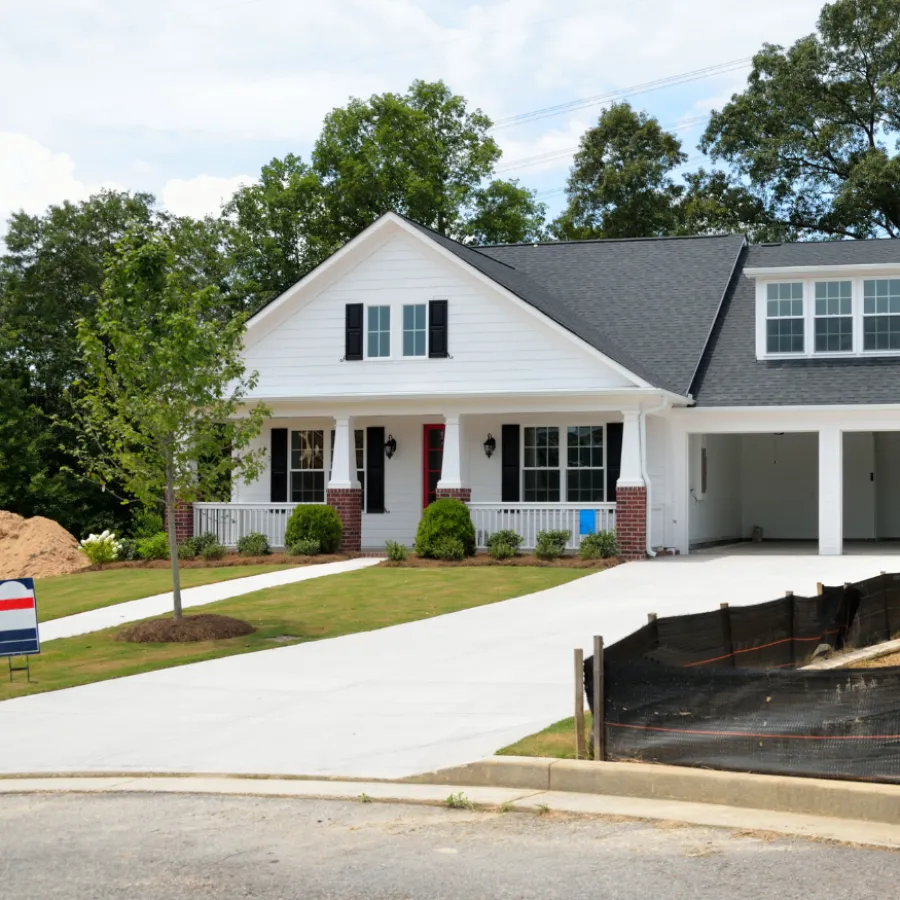
New Construction
Final Inspection
A Final Inspection on new construction is conducted when the
home is 100% built. It is done prior to the walkthrough with your builder and
before closing. The inspection will help determine what issues or defects can
be added to the builder's final punch list of repairs to be addressed before
closing. Our inspectors are looking at the 3 S's of structure, safety, and
systems. The inspection covers the roof, exterior, interior, foundation, decks
and porches, HVAC, plumbing, fixtures, electrical, attic and much more.
New construction does not always mean flawless. This is your last opportunity to address concerns prior to closing and moving into your new home. Our inspectors help get one extra set of eyes on your home to do a thorough evaluation.
View our sample report of a Final inspection on new construction below.
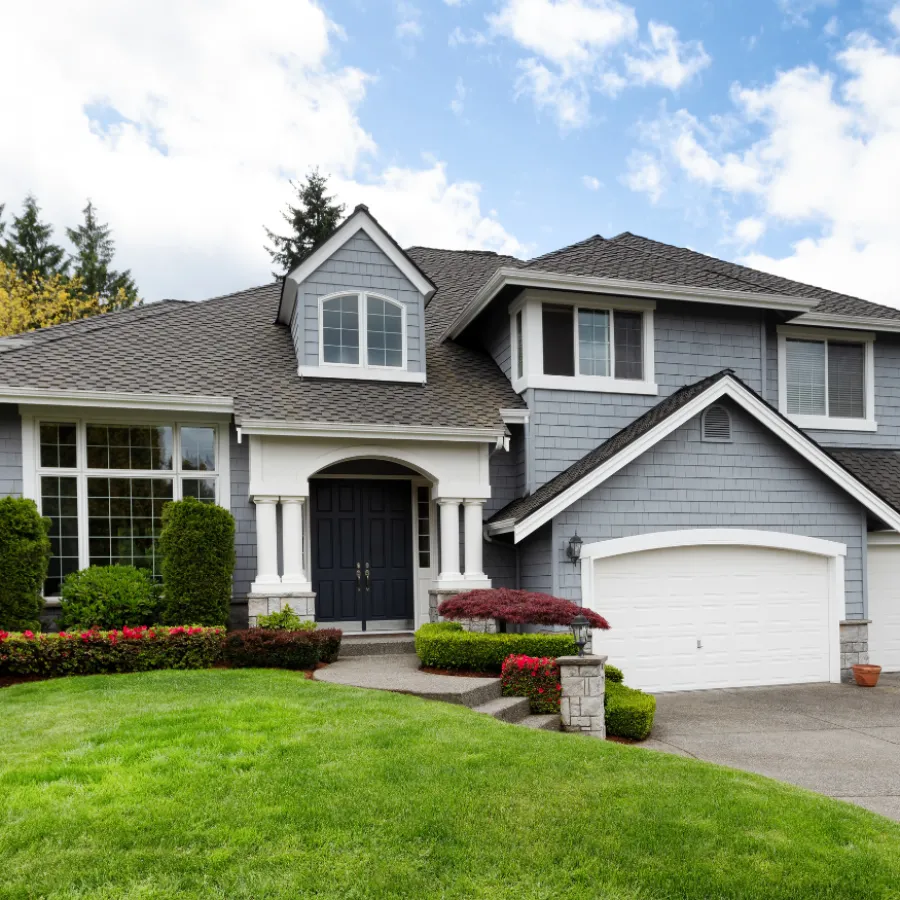
1-Year Builder
Warranty Inspection
With the completion of your new home, a builder will often
offer a one-year builder's warranty. While one year is the standard, some may
vary in length. It is important to know how long your warranty period is to
ensure you have an inspection done prior to the warranty expiring.
A builder's warranty is intended to cover defects from the manufacturing or material defects as well as the workmanship of the construction. A sample of what is included is carpentry, concrete foundations and floors, doors, windows, electrical, HVAC systems, insulation, plumbing, roofing, and more. It is not intended to cover damages that occur through natural use of the house.
Why Choose LunsPro?
See how our standard inspection services stack up to the competition
LunsPro Home Inspections
Our Competitors
Services Offered
LunsPro Home Inspections
Our Competitors
Drones used on all inspections
Most home inspectors are not FAA licensed
Infrared used on all inspections
Typically additional costs associated
Termite, Radon, Mold, Sewer & More
Most inspectors are unable to provide this
Same day, next day and weekend availability
Most inspectors are unable to provide this
Frequently Asked Questions
Q Why is a new construction home inspection necessary?
Despite being new, construction homes can have defects or oversights that may affect the home's safety and performance.
Q When is the ideal time to schedule a new construction home inspection?
It's best to schedule the inspection at the pre-drywall phase but definitely before the final walkthrough. This allows for any issues to be addressed before closing and ensures a smoother transition.
Q What common issues do inspections uncover in new constructions?
Q Are builders responsible for fixing issues found during the inspection?
Yes, builders are typically responsible for addressing issues discovered during the inspection. This is often part of the warranty and contractual agreements.
Q Can I rely solely on the builder's inspection?
While builders conduct their inspections, having an independent inspection provides an additional layer of assurance and may uncover issues not addressed by the builder.
Q How long does a typical new construction home inspection take?
The duration varies based on the size and complexity of the home, but it generally takes a few hours.
Q Is it necessary to be present during the inspection?
While not mandatory, being present allows you to ask questions and gain a better understanding of the inspector's findings.
Q What should I expect to find in the inspection report?
The report will detail any defects, safety concerns, or areas requiring attention. It may also include recommendations for repairs.
Q How soon after the inspection will I receive the report?
The same day.
Q How much does a new construction home inspection cost?
Costs vary, but it's a worthwhile investment. Prices depend on the size and features of the home. Contact us for specific pricing details.

